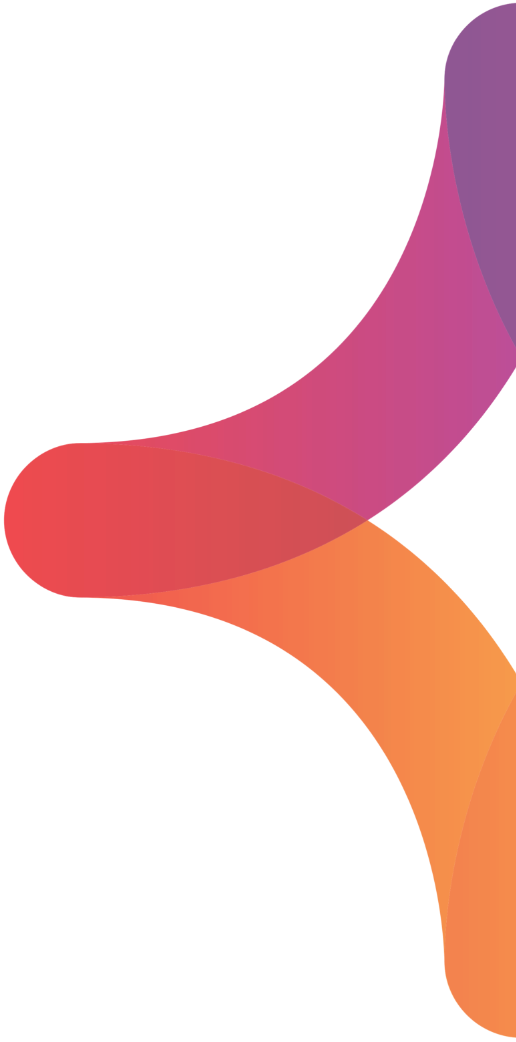

The Social Brain Lab (SBL) – a joint effort of the Gazzola and Keysers group – aims to unravel the neural mechanisms of social cognition. Social cognition is the ability to infer and respond to the feelings and intentions of others, which is essential for successful social interactions.
Social cognition is a remarkable and challenging feat, as it involves making sense of one of the most complex systems in the universe: the human brain. No artificial system can yet emulate this skill, which requires mapping the observable behaviours of others onto our own internal representations of emotions, sensations, and actions. These representations are generated by our own emotional, sensory, and motor systems which give us a privileged first-person perspective on what humans can experience and do. To act appropriately in social situations, we also need to transform these representations into suitable motor and emotional outputs.
The Social Brain Lab seeks to crack the code of this intricate neural mapping, using a wide range of neuroscience tools. We image brain circuits in humans to identify the brain regions and networks involved in social cognition and how they communicate. We measure brain activity at the cellular level in animals to reveal the cell-types and microcircuitry that underlie these processes. We manipulate brain activity in humans and animals to test the causal role of specific brain regions and cell-types in social perception and behaviour. We also investigate the molecular basis of these processes, by studying how genes and neurotransmitters affect social cognition.
Our Mission
Our ability to work with others is essential for our humanity. Everything we are proud of as humans – from language and knowledge to art and space exploration – depends on our remarkable capacity to cooperate, learn, and care for each other. To understand what makes us so social is to discover the core of our human nature.
However, some people experience severe impairments in social interaction, such as autism, conduct disorder, or psychopathy, affecting 3% of the population. These conditions can have a devastating impact on the lives of the patients and their loved ones. Unfortunately, we lack effective therapies to normalize social functioning. To find new and better solutions, we need to understand typical social functions and their variations through multiple levels of analysis, from molecular to behaviour. This long-haul effort will take decades, but it could be the only way to inspire new and principled treatments resulting in a powerful example of the ambitious fundamental research that the NIN excels at.
To tackle this complex problem the groups of Gazzola and Keysers collaborate closely and interactively, sharing resources, personnel and ideas, to form a unique research unit, the Social Brain Lab. Their Goal is to combine their expertise in social neuroscience to unravel the mysteries of our social brain.
Additional information and articles
Vacancies
At the moment, there are no vacancies within this group
Show all vacancies
Contact
"*" indicates required fields
Donate to NiN
"*" indicates required fields
Brain Friends make groundbreaking brain research possible
- You support groundbreaking/ innovative brain research
- You support the Dutch Brain Bank
- Invitation to the Brain Friends Lecture
- Exclusive friend activities
- A look behind the scenes of the Netherlands Institute for Neuroscience
You can easily donate via
![]()
![]()
You can also transfer your contribution to NL76 INGB 0002 1673 78 in the name of ‘Stichting Vrienden van het Herseninstituut’
Support our work!
The Friends Foundation facilitates groundbreaking brain research. You can help us with that.
Support our work